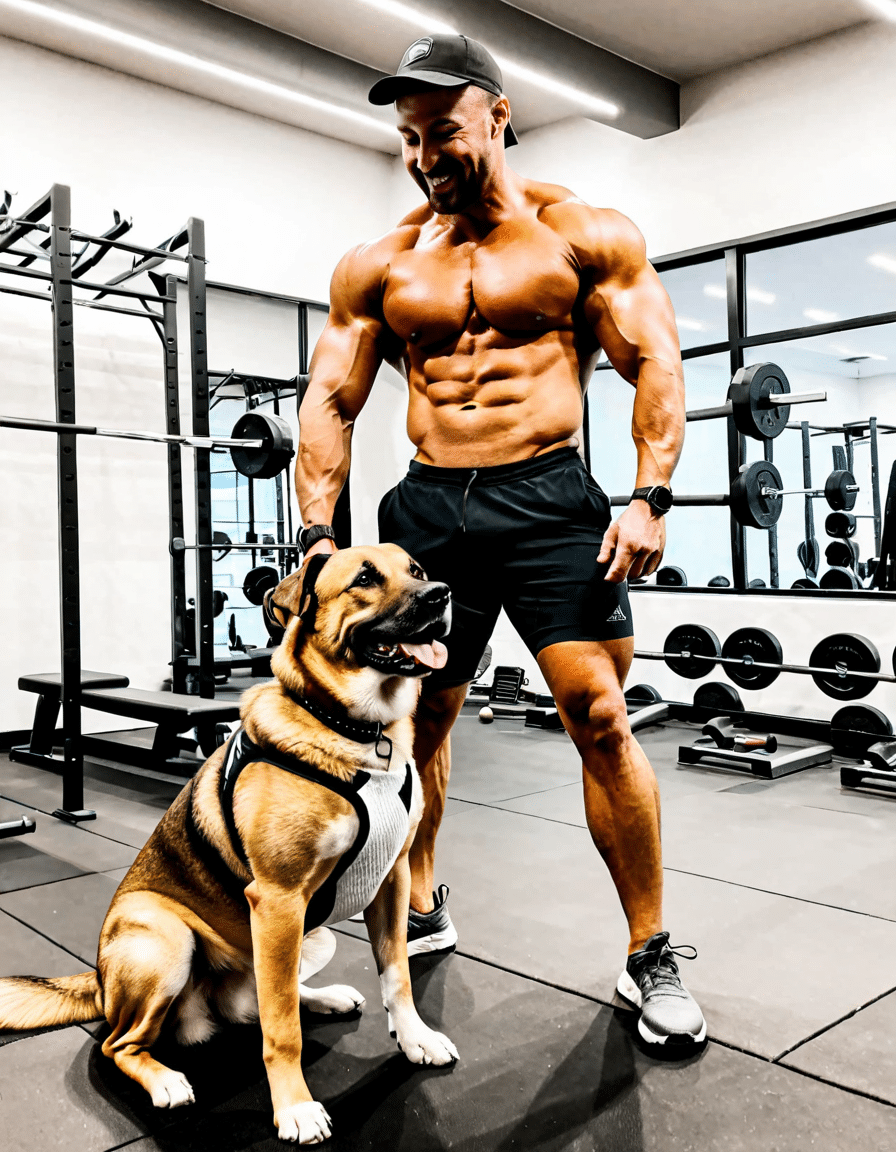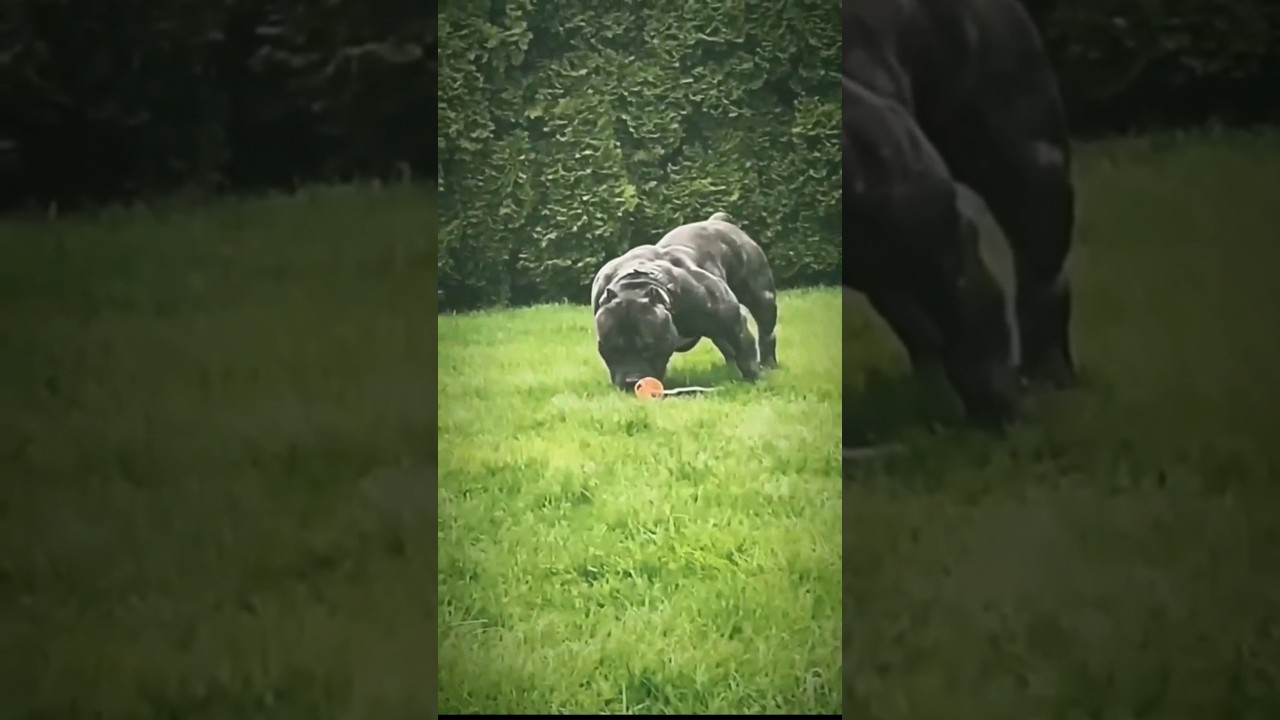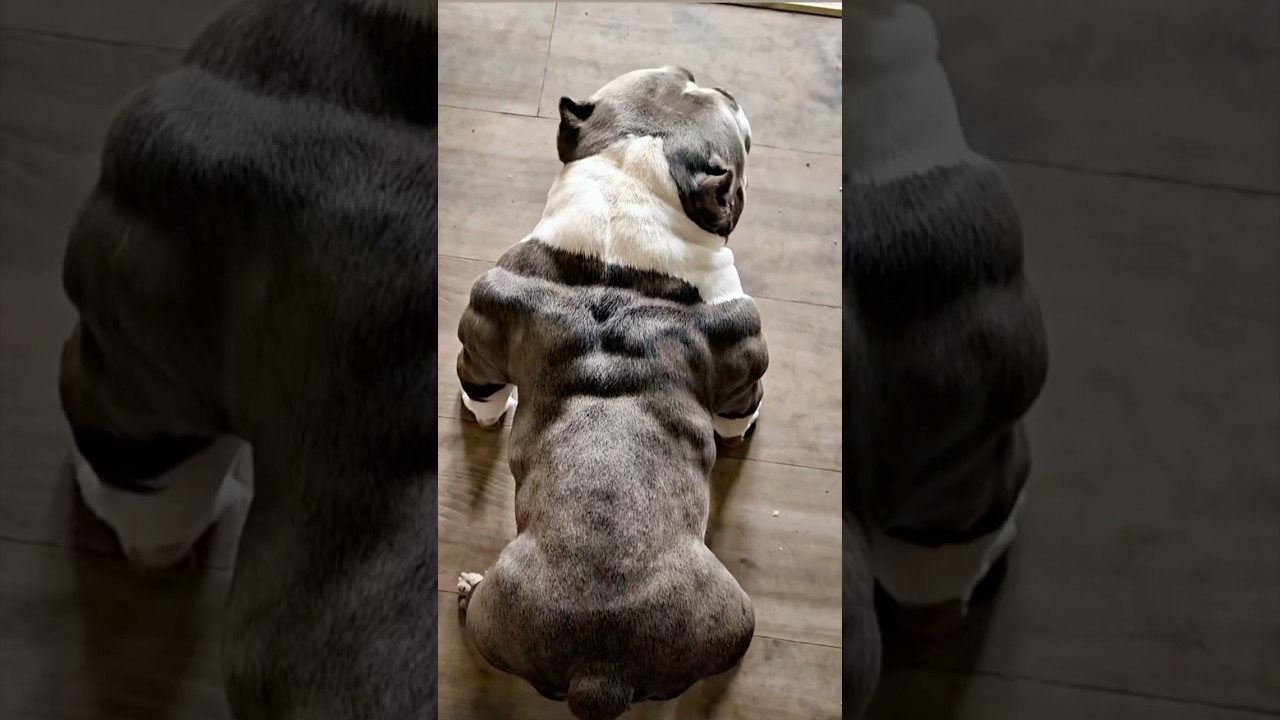Muscular doggos have won the hearts of pet owners and dog enthusiasts with their impressive physiques and commanding presence. With strength, agility, and high energy levels, these breeds aren’t just eye-catching; they also make fantastic companions for active individuals and families. In this article, we’ll delve deep into the captivating characteristics of muscular doggos that’ll leave you in awe, showcasing why they’re such awesome additions to any household.
The Allure of the Muscular Doggo
When you think of a muscular doggo, you might picture a tough-looking canine in a park. But here’s the scoop: muscular doggos embody a blend of beauty, strength, and loyalty. They often serve practical purposes, whether it’s protecting the family or participating in dog sports. Their compelling physical traits aren’t just for show; they come with a rich history that speaks to their roles in society — from guardians to beloved family pets.
Throughout history, many muscular breeds were meticulously bred for specific tasks. For instance, some were designed to help in herding livestock, while others specialized in guarding properties. Their changin roles in modern households underscore their adaptability. As family dynamics evolve, so do the relationships we share with these incredible animals.
Beyond that, muscular doggos exude confidence. You can often see them strutting their stuff, standing tall and proud. This presence draws admiration and respect from both humans and other dogs alike. There’s something truly special about sharing your life with a dog that commands attention — and affection!
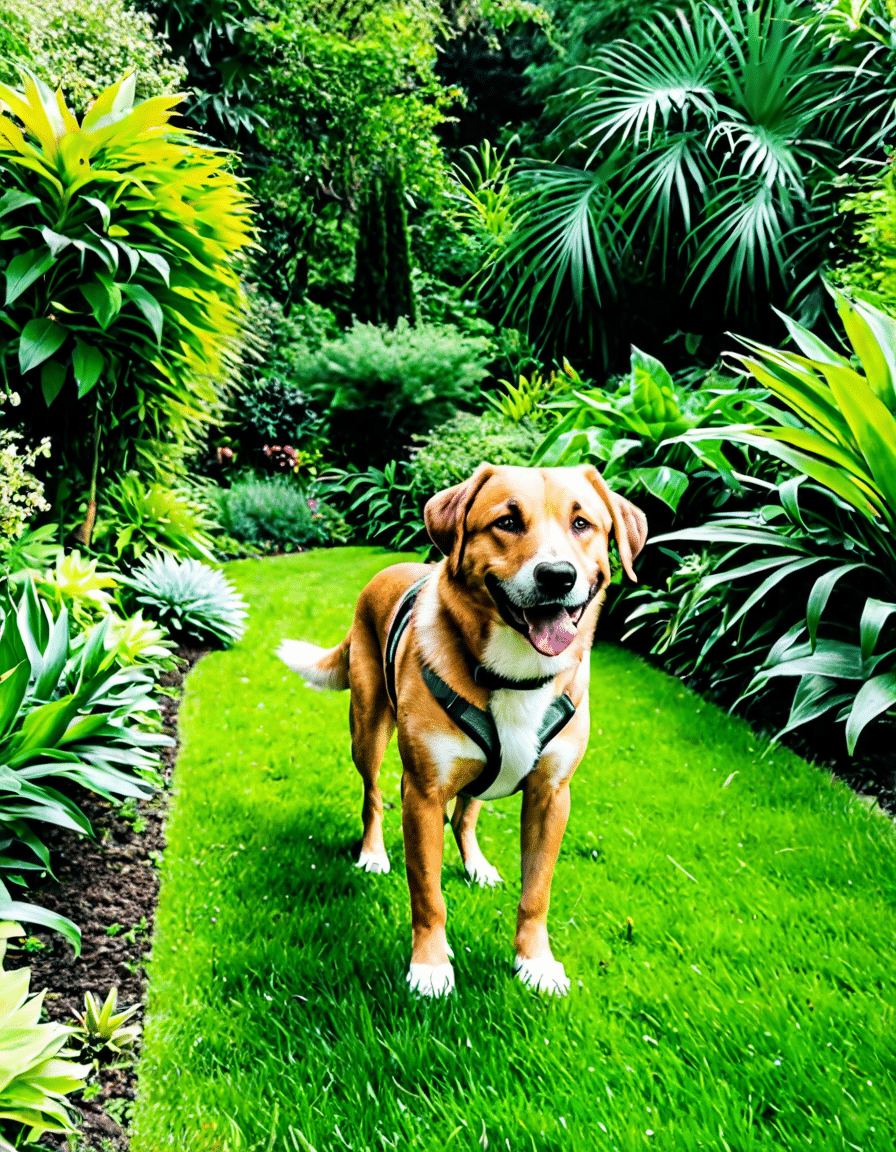
7 Standout Muscular Doggos: The Muscle Doggo Hall of Fame
Here are seven remarkable muscular breeds that really stand out in the doggo community:
The Evolution of the Muscle Doggo: Breeding and Purpose
The history of muscular doggos is a fascinating tale of evolution and purpose. Breeds like Rottweilers and American Bulldogs were originally bred for specific tasks, from herding to guarding properties. As times changed, so did their roles — transforming them from hardworking canines to beloved family pets.
Understanding these breeds’ historical contexts sheds light on their impressive muscular characteristics. The very traits that make them stunning to look at serve crucial functions. Robust bone structures provide stability and strength, essential for their jobs in the past. Today, these same physical traits contribute to their adaptability and role within the family dynamics.
From being efficient working dogs to charming household companions, muscular doggos have proven their versatility. This evolutionary journey paints a fuller picture of why these breeds resonate with so many owners now.
The Role of Nutrition and Exercise
Taking care of your muscular doggo means understanding that good nutrition and regular exercise are key. A high-quality diet rich in protein is crucial for muscular development. Brands like Blue Buffalo and Orijen offer foods specifically formulated for active breeds. These diets don’t just help maintain muscle; they also support overall health.
Regular exercise is equally important. Dogs need to get their paws moving to stay fit and happy. Activities vary based on age and energy levels, but options like agility training and playing fetch can work wonders. For example, training your muscular doggo in agility can be as fun as watching a gag cat meme for a chuckle! Plan activities that challenge them physically and mentally to keep boredom at bay.
Remember, a muscular dog without enough movement can lead to weight issues. Striking the right balance between playtime and rest ensures your dog remains the healthiest version of themselves. It can be rewarding to watch them thrive and enjoy their lives to the fullest.
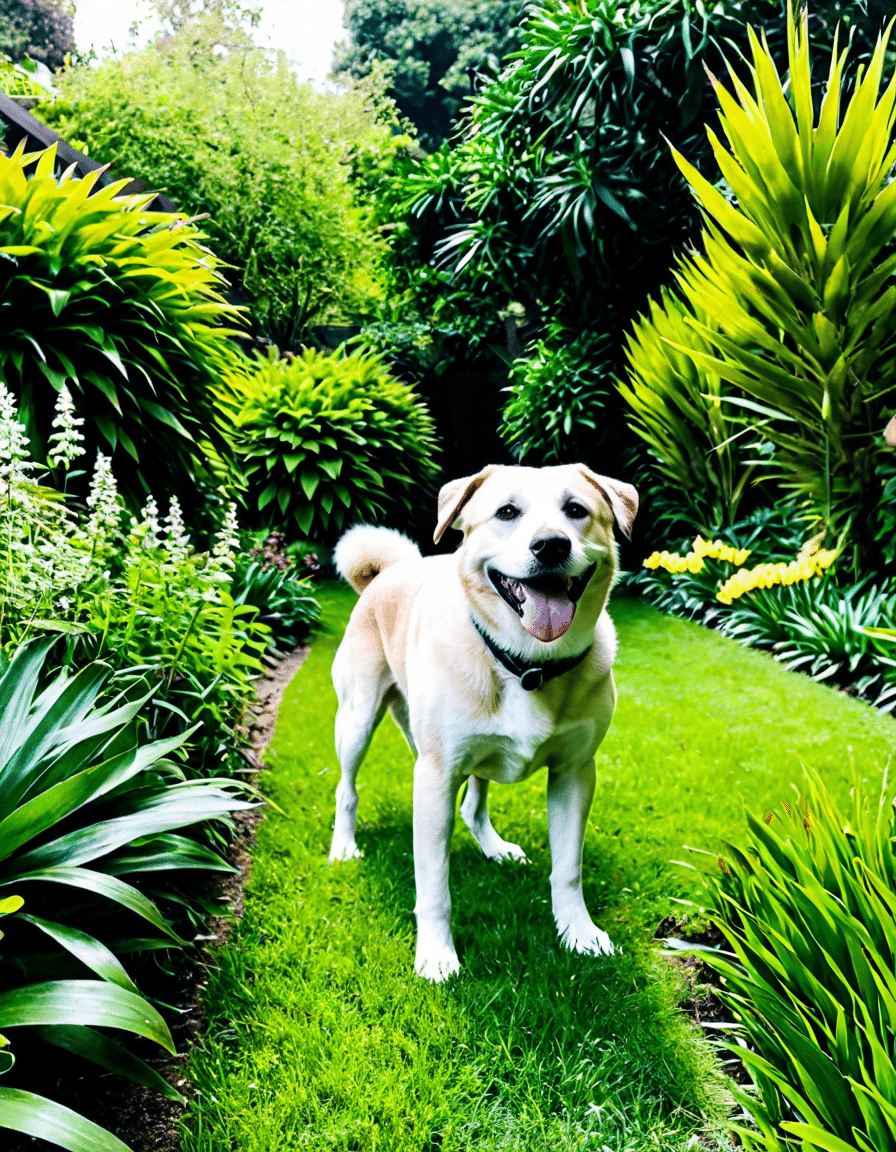
Caring for Your Muscular Doggo: Health Considerations
As magnificent as muscular doggos can be, they may face health issues common to their breeds. Conditions such as hip dysplasia, heart disease, and obesity can pose threats. Therefore, it’s vital to prioritize regular vet visits for check-ups and vaccinations.
Knowledge about your specific breed’s potential health complications is crucial. For instance, understanding the risks associated with Subcutis edema can help you identify symptoms early. Being proactive can make all the difference in extending your pet’s life and quality of living.
Preventive care goes a long way in ensuring your muscular doggo stays fit and healthy. Providing a proper diet, regular exercise, and necessary healthcare are great steps you can take. Don’t hesitate to consult with your veterinarian for targeted advice.
Training Tips for Success
Training is vital for every dog, particularly for muscular breeds. You’ll want to foster good behavior and mental stimulation to set the stage for success. Techniques like positive reinforcement don’t just build trust; they also motivate your doggo to learn and exhibit good habits.
Engaging classes can enhance your bond while teaching essential skills. Many find success through programs developed by renowned trainers like Cesar Millan or through local American Kennel Club (AKC) events. Regular interaction keeps muscular doggos mentally stimulated and socially adept.
Don’t underestimate the fun factor of training! Incorporate engaging games that reward accomplishment. Mixing play with learning is a surefire way to excite and motivate your dog. Remember, a well-trained doggo is a well-behaved doggo!
Embracing the Strength of Your Muscular Doggo
Muscular doggos embody strength, loyalty, and versatility. Beyond their stunning physiques, these breeds demonstrate intelligence and affectionate nature, enhancing the family experience in a multitude of ways. Whether you’re captivated by their playful spirit or awed by their physical capabilities, recognizing what makes them special transforms the joys of pet ownership.
Each muscular doggo offers something unique — a reminder that strength comes in many forms and that love and care are foundational for happy pets. As you ponder bringing a muscular doggo into your life, know that their strength tells a story, shaped by both their lineage and the loving environment you create together. Their presence can enrich your life, offering companionship and joy that’s truly priceless.
In conclusion, if you’re on the hunt for an energetic, loyal companion, a muscular doggo might just be the perfect fit for your family. Their captivating attributes ensure they’ll always leave an impression worth remembering. So, what are you waiting for? Consider welcoming one of these incredible breeds into your home, and experience the magic they bring firsthand!
Muscular Doggo Characteristics That Will Wow You
The Power of Muscular Breeds
When it comes to muscular doggos, they’re not just powerful, they also showcase a range of fascinating traits that pet lovers adore. For instance, did you know that certain muscular breeds, like the American Pit Bull Terrier, were originally bred for chores on farms? Their muscular build made them perfect for handling heavy lifting, just like a cereal box full of surprises—there’s often more than meets the eye! To top it off, these breeds exhibit unmatched agility and endurance. If you’ve ever watched a muscular dog at play, you’d see them sprint like a cheetah, leaving you in awe!
Fun Facts That Pack a Punch
Here’s a fun one: muscular doggos often have higher energy levels, requiring regular exercise to stay healthy and happy. Imagine taking a trip to a beautiful place like Eleuthera, Bahamas, where you can enjoy the outdoors with your furry friend! Also, believe it or not, their strength doesn’t solely come from their muscles; a proper diet plays a key role too. A balanced diet helps maintain that powerhouse physique. By the way, speaking of muscle and strength, can you picture an Eddie Munson costume on a rugged muscular dog? That would definitely turn heads at a dog park!
Quirky Trivia You Won’t Forget
Finally, there’s a common myth that dogs of muscular breeds can be aggressive. This myth couldn’t be farther from the truth! Muscular doggos can be just as loving and gentle, especially with proper training and socialization. A bit of early training goes a long way and is essential, particularly considering serious health topics, like rabies in Cats treatment that pet owners need to keep in mind as part of responsible pet care. Did you also know that muscles don’t equate to sweat in dogs? If you’ve ever wondered,Does a chicken pee? the answer is yes, but dogs manage temperature differently. Their sweat glands are primarily in their paw pads, meaning they rely heavily on panting to cool down. Keeping your muscular doggo hydrated is key, especially on hot days!
